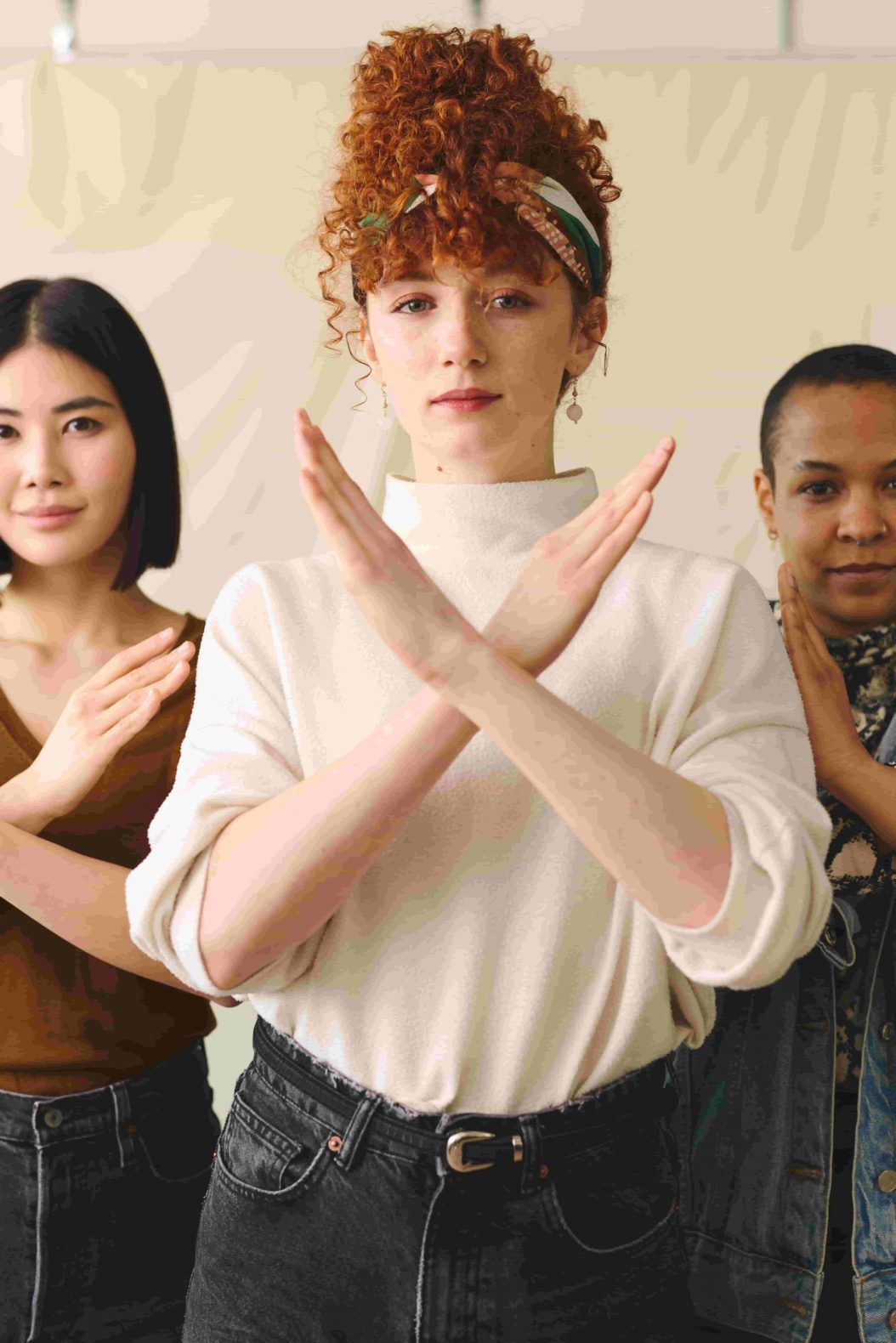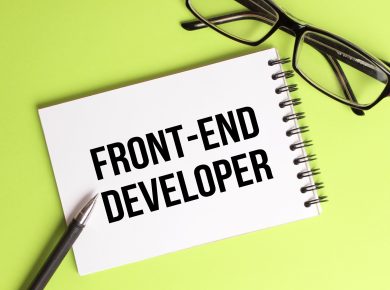Unconscious bias influences a variety of things, including how a certain group of employees may interact with the other. It affects many things from teamwork to the recruitment process, and it prevents the company from advancing into diversity.
What is this unconscious bias?

Unconscious bias (or implicit bias) is often defined as prejudice or unsupported judgments in favor of or against one thing, person, or group as compared to another, in a way that is usually considered unfair. Many researchers suggest that unconscious bias occurs automatically as the brain makes quick judgments based on past experiences and backgrounds. As a result of unconscious biases, certain people benefit, and other people are penalized.
Nowadays, humans have great minds that are open to diversity and inclusion – but how does unconscious bias affect the workplace? No one is perfect, and people can be subject to implicit bias without even noticing. That’s right, you might be a little racist or discriminating without even knowing it.
With that in mind, unconscious bias in the workplace can lead to a series of setbacks between employees. Bias at work may prevent the right people from advancing in a certain position, without even being related to their skills.
This is why unconscious biases need to be tackled in the workplace. This way, the decision-making process will be done based on a person’s skills, and not just a set of biases.
Some common types of Unconscious Bias in the workplace
Racial Bias
Racial bias is likely one of the most insidious discrimination forms, but at the same time, it is the most common type of unconscious bias. According to studies, only 3.2% of Black Americans are likely to occupy a position at the top.
Racial bias grew even more during the coronavirus pandemic, with the deaths of George Floyd and Breonna Taylor. This is why it’s important for workplaces to completely eradicate workplace unconscious bias.
Gender Bias
Gender bias occurs when one gender is a preferred choice as compared to the other. Most of the time, this happens when men are preferred in the workplace in favor of women. Vice-versa may also occur, depending on the work environment.
Certain studies show that women were 30% less likely to be promoted into a leadership positions even if their resumes were completely identical to those of their male counterparts. This also mirrors the payment that they receive. This is usually a result of unconscious gender bias.
Affinity Bias
Affinity bias occurs when employees show an inclination toward people that are similar to them in a certain way. This may include shared hobbies, characteristics, backgrounds, and so on. This can affect the decision-making process at the job, as people are more likely to choose workers based on implicit bias rather than skill.
Name Bias
Name biases occur when a certain type of name is less likely to be chosen in favor of another. For example, certain employers are more likely to hire people with names from their country rather than foreign-sounding ones.
Religion/Belief Bias
There are times when work colleagues exhibit a kind of detachment from colleagues not in the same belief as them.
Employers unconsciously may set rules that only favor one particular religion over another. This brings a kind of segregation among colleagues in the workplace.
Some strategies to curb unconscious bias in the workplace
Learn as Much as Possible About Unconscious Bias, its impact on the workplace, and Ways to Combat It
Tell Your Story, relate with workers evenly and Listen to the Stories of Others
Avoid Stereotypes and Over-Generalizations
Separate Feelings from Facts
Have a Diverse Group of People around the Decision-Making Table
Engage in Self-Reflection to Uncover Personal Biases
Develop Safe and Brave Spaces to Discuss Unconscious Bias
Be an Active Ally
Don’t Expect a Quick Fix
Practice Empathy
Unconscious biases are often based on mistaken, inaccurate, or incomplete information. These biases can have a significant impact on workplaces, shaping who gets recruited, hired, and promoted. Having an unconscious bias doesn’t make you a bad person—it just means you’re human.
Visit https://chigisoft.com/labs for more



